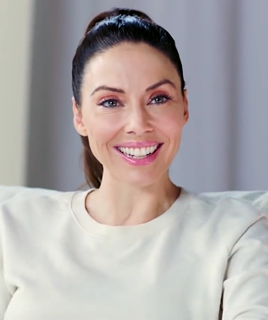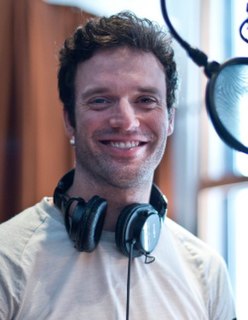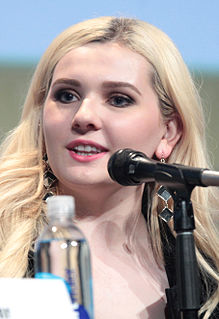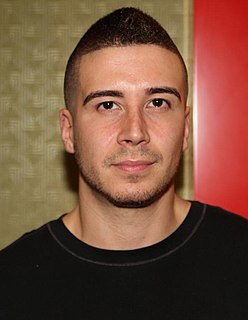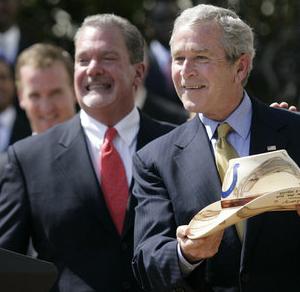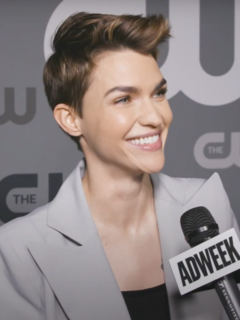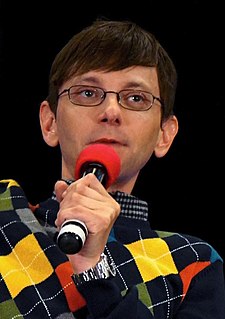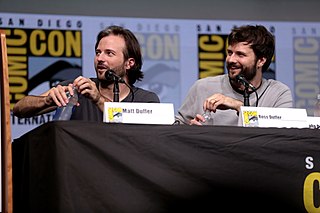A Quote by David Foster Wallace
TV's 'real' agenda is to be 'liked,' because if you like what you're seeing, you'll stay tuned. TV is completely unabashed about this; it's its sole raison.
Related Quotes
Films for TV have to be much closer to the book, mainly because the objective with a TV movie that translates literature is to get the audience, after seeing this version, to pick up the book and read it themselves. My attitude is that TV can never really be any form of art, because it serves audience expectations.
All entertainment is an element of fantasy because you are seeing something that is not quite real. There is no such thing as reality TV. Reality TV would be to leave a camera on in front of someone's house. Just leave it on. Then whenever the person comes or goes walking the dog or getting groceries, that's what it would be like. Any time you make an edit, you've lost reality TV. You're either compressing time or extending. That's a term that's been overused and overexposed. I think it's fantasy movies that take the fantasy of movies even further.
Sometimes I feel that in religious content, religious drama, it's almost told like a tale, like an account of facts, and in 'A.D. The Bible Continues,' it's drama, it's real drama that we like to see on TV today, seeing the characters struggle and doubt and be completely in conflict with each other, kind of like 'House of Cards.'

